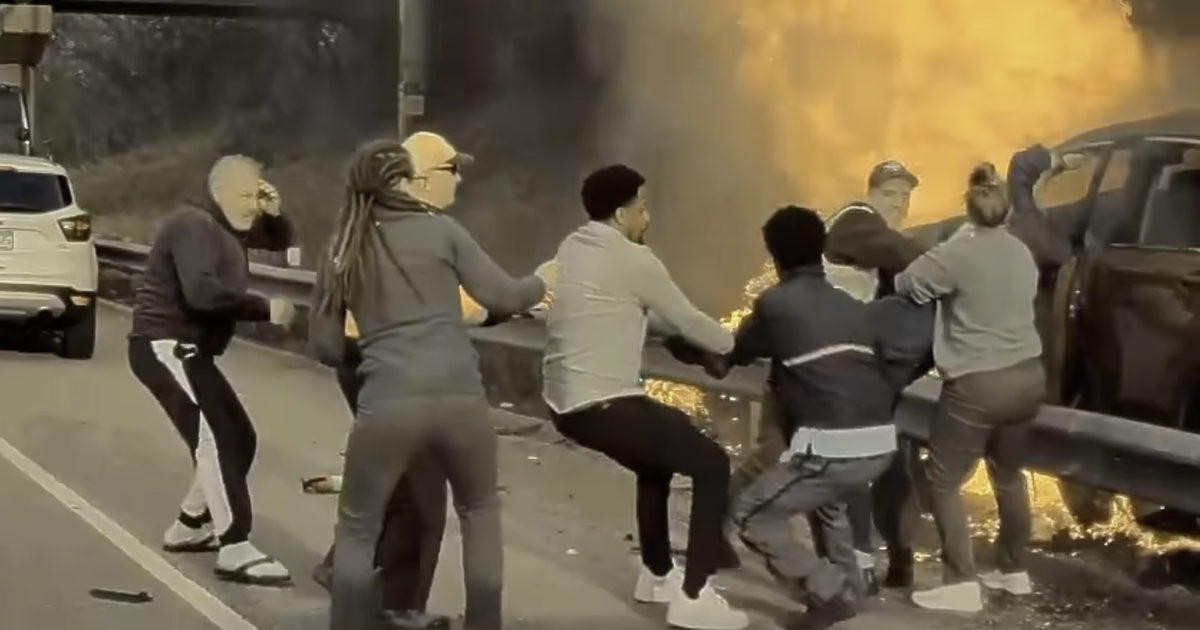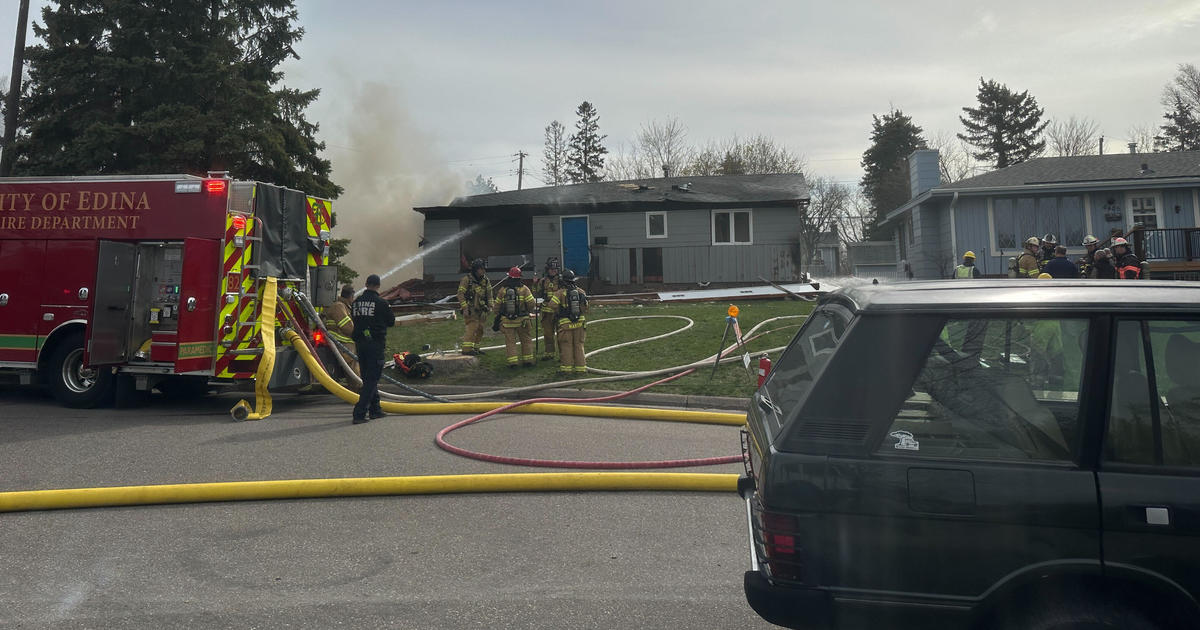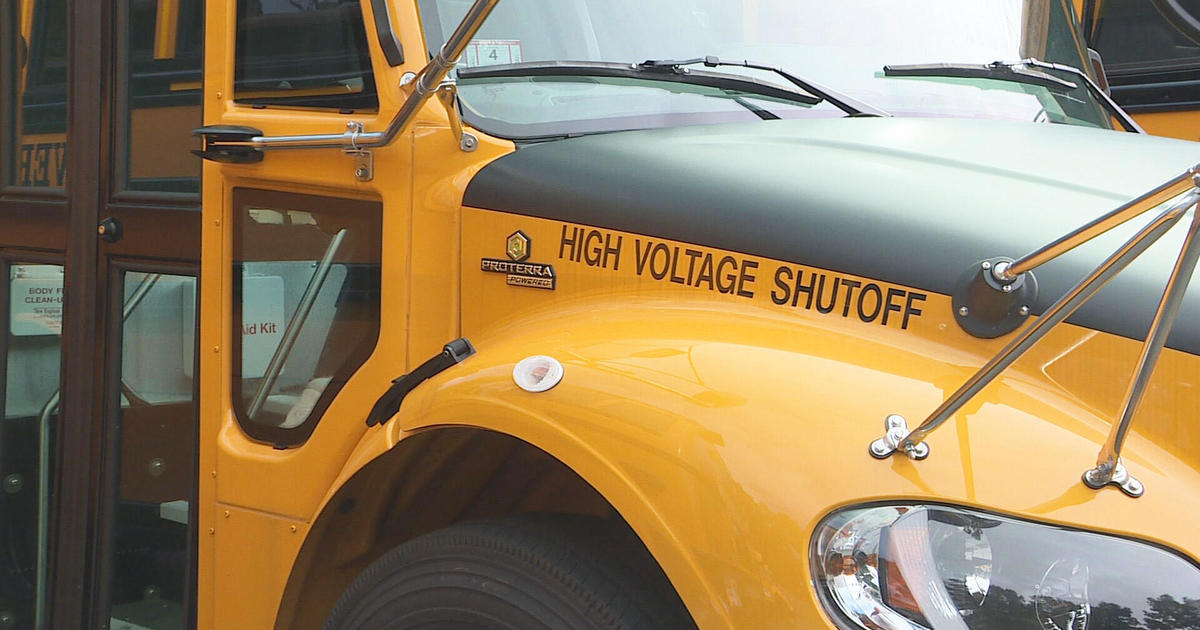Good Question: How Are Our Goods Shipped Over The Country?
MINNEAPOLIS (WCCO) - Late Tuesday night, the Upper Saint Anthony Falls Lock and Dam will be closed for good. It's an attempt to stop invasive Asian carp from getting into Minnesota's lakes.
But, when it shuts down, so will the barge traffic that hauls goods down the Mississippi River. The Metropolitan Council estimates it will add more than 20,000 truck trips to Minnesota roads.
So, how are our goods shipped all over the country? Good Question.
"Trucking is the backbone of the regional hauling system," said John Hausladen, president of the Minnesota Trucking Association.
According to the 2012 Commodity Flow Survey by the Bureau of Transportation Statistics, trucks account for $10 billion of the $13.6 billion of freight moved in 2012. Trucks carry 70 percent of weight, too.
"If you need something to move fast," Hausladen said, "it's going to go by truck. If you need something to move slow, it's going by rail or on the water. The heavier it is, the more likely it'll go on rail or water. The lighter it is, it's probably going on a truck.
But trucks move much shorter distances. On average, the Bureau of Transportation Statistics reports an average truck haul is 216 miles. Rail is 811 miles, water is 842 miles and air is 1,229 miles.
"Air is going to be something that's light and very time sensitive," Hausladen said. "You might send a pacemaker."
According to the Army Corps of Engineers, one 15-ton barge can carry what would take 216 railcars and 1,050 trucks. When it comes to fuel efficiency, the American Railroad Association says trains are four times more efficient than trucks.
Via water, the freight is mostly grains, gravel, coal, petroleum, chemicals and fertilizers. Via rail, it's largely bulk shipment of coal, metallic ores, grain and chemicals.
But Hausladen points out that even if something travels by water, air or rail, a truck is often involved.
"Sixty-eight percent of Minnesota communities have only truck transportation for everything that goes in or out," he said. "What most people don't realize is that most everything spends some time on the truck. First mile, last mile, coming out of the fields, coming out of the forest, going into the factory -- it's going to be on a truck."



